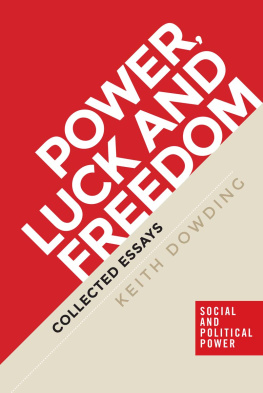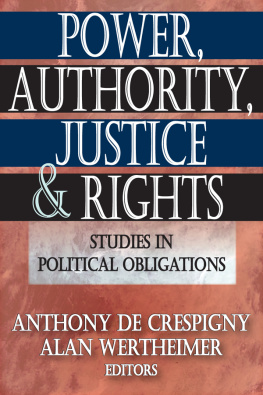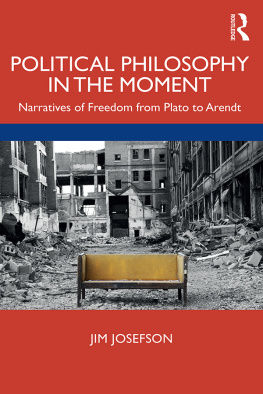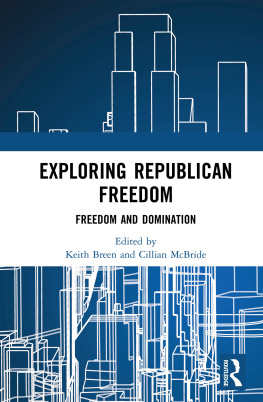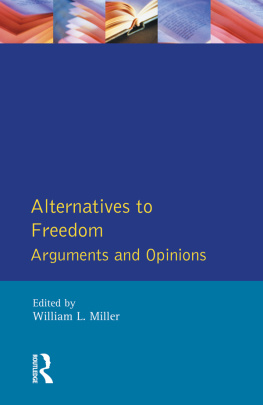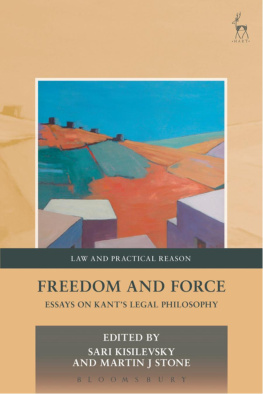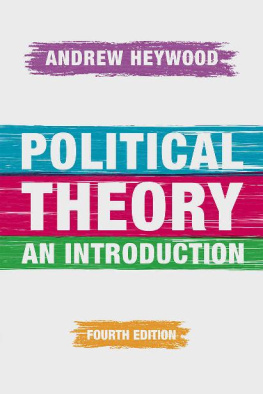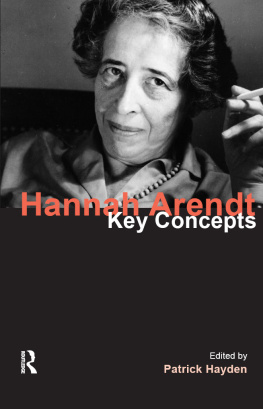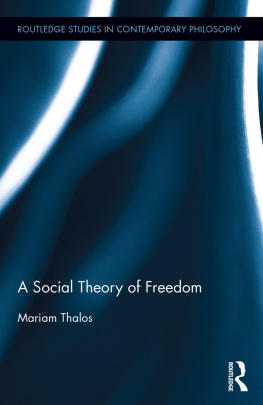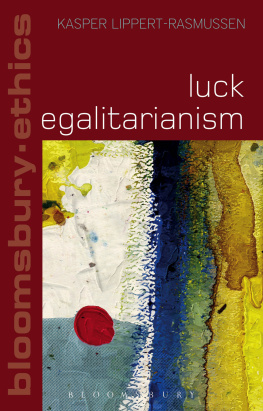Bertrand Russell once argued that power is to social science what energy is to physics (Russell 1937: 10). While power is one of the most important concepts in the social sciences, it is also one of the most complex and elusive to research.
Webers analysis of power and authority (). Overall, as the three-dimensional power debates develop, the focus shifts from actions of the dominating actor A to the counter-intuitive and fascinating phenomenon that subordinate actors B often appear to actively acquiesce or participate in their own domination.
In a qualified critique of Lukes, Scott argued that appearances are often deceptive (Scott ). The relationship between public and private discourse renders the working of three-dimensional power more complex than any simplistic images of the oppressed willingly participating in their own domination, or internalizing false-consciousness. In turn, Scotts work has inspired an on-going power-literature on the complexities of resistance versus acquiescence.
In the 1980s, under the influence of the translation of Foucaults work (for instance, Foucault ).
Bridging the intellectual divide between those following the Dahl-Lukes trajectory and the neo-Foucauldians, another important thread to the power debates comes from Giddens () conceptualizations of structure as a verb. This way of thinking provides us with conceptual tools for making sense of how agents both structure and are structured by relations of power.
In international relations, the shift from agency toward systemic, epistemic and ontological perceptions of power took the form of a gradual move from realist focus on resources to a more idealist emphasis upon soft power (Nye 1992 and 2012). Similarly, in rational choice theory, there emerged an emphasis upon the systemic situatedness of strategic choices. This gave rise to Keith Dowdings critique of Brian Barry, Resources, Power and Systemic Luck which appears in this collection as (pp. 10520).
The effect of interrogating the social contexts and social ontology of agents caused many theorists to re-evaluate the nature of power normatively, moving away from the automatic equation between power and domination to a perception of power as a condition of possibility for agency, thus freedom (Morriss ).
This book series seeks to build upon these rich traditions of power analysis, which currently make the study of social and political power one of the most vibrant fields in the social and political sciences. It also builds upon the success of the Journal of Political Power, which provides an important forum for article analysis, while this book series facilitates longer works on social and political power.
The book series is open to any of the multiplicity of traditions of power analysis, and it welcomes research that is theoretically oriented, as well as empirical research on power or practitioner-oriented applications.
Mark Haugaard
National University of Ireland, Galway, Ireland
References
Allen, A. (1998) Rethinking power, Hyptia, vol. 13.
Allen, A. (1999) The Power of Feminist Theory: Domination, Resistance, Solidarity, (Boulder, Colorado: Westview Press).
Bachrach, P. and Baratz Morton S. (1962) The two faces of power, American Political Science Review, vol. 56.4: 94752.
Bourdieu, P. (1989) Social space and symbolic power, Sociological Theory (7)1: 14-25.
Clegg, S. (1989) Frameworks of Power (London: Sage).
Dahl, R. A. (1957) The concept of power, Behavioural Science, Vol. 2(3): 20115.
Dahl, R. A. (1968) Power in David L. Shills (1968) International Encyclopedia of the Social Sciences (12): 40515 (New York, Macmillan).
Dean, M. (2010) Governmentality: Power and Rule in Modern Society (Second edition) (London: Sage).
Flyvbjerg, B (1998) Rationality and Power: Democracy in Practice (Chicago: The University of Chicago Press).
Foucault, M. (1982) The subject and power in H. L. Dreyfus and P. Rabinow Michel Foucault: Beyond Structuralism and Hermeneutics (London: Harvester Wheatsheaf, London).
Foucault, M. (1979) Discipline and Punish: The Birth of the Prison. (Harmondsworth: Penguin).
Giddens, A. (1984) The Constitution of Society (Cambridge: Polity Press).
Gaventa, J. (1982) Power and Powerlessness: Quiescence and Rebellion in an Appalachian Valley (Oxford: Clarendon Press).
Hayward C. (2000) De-facing Power (Cambridge: Cambridge University Press).
Haugaard, M. (2012) Rethinking the four dimensions of power, Journal of PoliticalPower 5(1): 3554
Laclau, E. (2005) On Populist Reason (London: Verso).
Lukes, S. (1974) Power: A Radical View (London: Macmillan).
Lukes, S. (2005) Power: A Radical View, 2nd edn (Basingstoke: Palgrave Macmillan).
Morriss, P. (2002) Power: A Philosophical Analysis, 2nd edn (Manchester: Manchester University Press).
Morriss, P. (2009) Power and liberalism in (ed.) S. Clegg and M. Haugaard The Sage Handbook of Power (London: Sage).
Nye, J. S. (1990) Soft power, Foreign Policy (80): 15372.
Nye J. S. (2011) Power and foreign policy, Journal of Political Power, 4(1): 924.
Pensardi, P. (2012) Power to and power over: two distinct concepts?, Journal of Political Power, 5(1): 7389.

